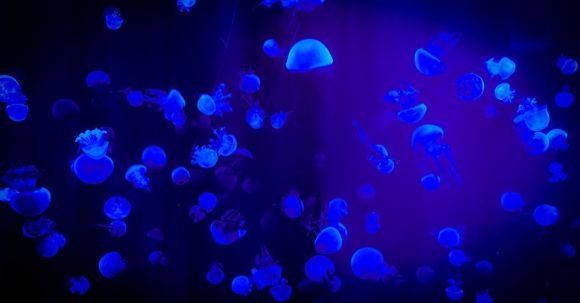Water is a precious resource that is essential for our survival. However, with growing populations and increasing demands, water scarcity has become a global concern. It is crucial that we all do our part to conserve water in our everyday lives. By making simple changes and adopting water-saving habits, we can make a big difference. Here are some tips to help you conserve water:
1. Fix Leaks Immediately
Leaky faucets, toilets, and pipes can waste a significant amount of water over time. It is important to fix any leaks as soon as you notice them. Regularly check your plumbing fixtures and repair any leaks promptly. This will not only help in conserving water but also save you money on your water bill.
2. Install Water-Saving Fixtures
Upgrading your home with water-saving fixtures is an effective way to reduce water consumption. Install low-flow showerheads and faucets, as they can reduce water usage by up to 50%. Similarly, consider installing a dual-flush toilet, which allows you to choose between a full flush and a half flush, depending on your needs.
3. Take Shorter Showers
Showering accounts for a significant portion of water usage in most households. By reducing the time you spend in the shower, you can save a substantial amount of water. Aim to keep your showers under five minutes. You can also install a shower timer or use a water-saving showerhead to further reduce water consumption.
4. Be Mindful of Tap Usage
We often tend to leave the tap running while performing daily tasks, such as brushing our teeth or washing dishes. However, this can lead to unnecessary water wastage. Make it a habit to turn off the tap when not in use. Use a cup of water to rinse your mouth while brushing, and fill the sink with water for washing dishes instead of letting the tap run continuously.
5. Collect Rainwater
Utilizing rainwater is an excellent way to conserve water and reduce your reliance on the municipal supply. Install a rain barrel in your garden to collect rainwater, which can then be used for watering plants or washing your car. This not only saves water but also reduces your water bill.
6. Water Plants Wisely
When it comes to watering plants, it is important to do so efficiently. Water your plants early in the morning or late in the evening to minimize evaporation. Use a watering can instead of a hose to target the roots directly and prevent water from being wasted on the leaves or surrounding areas.
7. Use a Dishwasher
Contrary to popular belief, using a dishwasher can be more water-efficient than hand washing dishes. Ensure that your dishwasher is fully loaded before running it to maximize its water-saving potential. If you do not have a dishwasher, fill the sink with water to wash dishes instead of letting the tap run continuously.
8. Consider Xeriscaping
Xeriscaping is a landscaping technique that focuses on using plants and materials that require minimal water. By adopting xeriscaping principles in your garden, you can significantly reduce outdoor water usage. Choose native plants that are adapted to your climate and require less watering. Mulching the soil also helps to retain moisture.
In conclusion, conserving water is a responsibility that we all share. By implementing these simple tips in our everyday lives, we can make a positive impact on the environment and help ensure a sustainable future. Remember, every drop counts!





